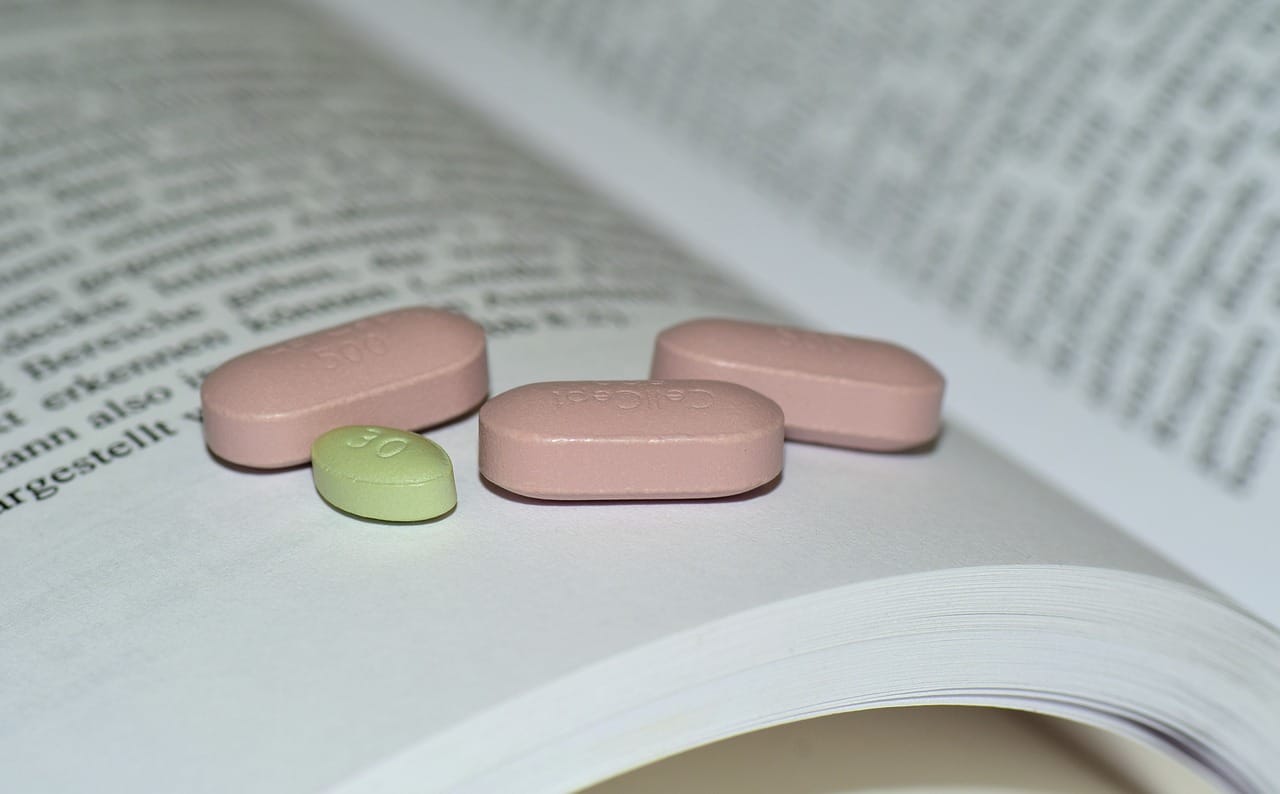By Maddy Richards, First Year, History
A 2016 YouGov survey found that 77% of all students reported a fear of failure which was fundamentally driven by the stress from university studies.
At elite UK universities, students are faced with copious amounts of pressure to perform. Coupled with an increasingly competitive job market and the burden of high student debts, students have been turning to prescribed ‘study drugs’ — such as Adderall, Ritalin and Dexedrine — to help maximise their academic performance.
The period from 2012-2017 saw a sharp rise in the number of students using these substances, with a 2017 study revealing that 10-15 per cent of students have attempted to enhance their academic performance with study drugs.
A worrying number of students are turning to study drugs https://t.co/2ARW7uBVqt
— The Independent (@Independent) June 19, 2016
In 2014, Oxford University came top in a survey sent out by The Tab on the use of study drugs across the UK, with one English student claiming that she took ‘slow-release Adderall and worked overnight for around 16 hours.’ The student reported an irregular heartbeat and was ‘Convinced I was having a heart attack’.
Although recreational drugs are no new phenomenon, a new strand of drug abuse seems to have emerged with consumption no longer being centred around hedonism.
Epigram spoke to first year Bristol University students, Natalie Turner and James Matthews* who both talked about how the pressure of exams and inability to focus led to a dependency on study drugs throughout the course of their academic careers.
When asked about the initial reason for turning to study drugs — specifically pro-plus pills as a revision aid — Natalie discussed how the perception that she ‘Was always considered intelligent came with huge expectations, not just from my teachers, but from my peers, let alone my family.’
‘I was never tired – it made me completely in control of when I was awake and when I was asleep’
These pressures were further fuelled by her brother’s in getting into grammar school, thereby solidifying an intellectual insecurity that has persisted past adolescence and into Natalie’s 20s — an anxiety which has, perhaps, been exacerbated by the increased expectations of university.
Pro plus caffeine pills — which are essentially instant coffee tablets — are used to help people remain focused and awake. Their packaging boasts ‘Cult status in universities and the workplace, relieving the temporary tiredness of studying students.’
A single pill contains 50mg of caffeine, the same as a strong cup of coffee. However, when washed down with a red bull or diet coke, the caffeine intake will be multiplied — potentially risking exceeding the recommended intake of pills.
James revealed that he instead relies on Elevense to work, using two 20 mg pills a day which he says provide him with a feeling of ‘An inherent need to study’, which he cannot conjure up without the pills.
Typically used to treat those with ADHD, Elevense pills help the consumer to focus — an intended outcome echoed by both students who claim to be unable to work as effectively without any form of pills.
Natalie recounts her January exam season by revealing how the pro-plus tablets ensured that ‘I was never tired – it made me completely in control of when I was awake and when I was asleep’. Consequently, she felt as if ‘There was no no need to stop.’ Natalie also noted the pills’ ability to eradicate her need to sleep, allowing herself to work until four or five am.
‘I struggle to function without some form of stimulant whilst I’m studying, and I just don’t want to ever work without them’
Students in England will now owe an average of £44,000 per head by the time they graduate, in comparison to an average debt of £2,690 for those who graduated in 1999/2000.
In just 24 years, the average student debt has multiplied by approximately 16 times. This financial pressure will inevitably be a factor as to why students feel they need to use study drugs to ensure they attain the best academic results.
When asked about her ability to work independently from the pills, Natalie said ‘I struggle to function without some form of stimulant whilst I’m studying, and I just don’t want to ever work without them.
‘I know that there is a certainty that if I do take them I will work and will work better. It allows me to work less often, but when I do, for a longer, more intense and effective period.’
Despite the short-term cognitive benefits that come with using study drugs, experts have warned against the long-term effects triggered by the use of stronger substances, such as Adderall and Modafinil.
Last year, Oxford University came top in a survey sent out by The Tab on the use of study drugs across the UK, with one English student claiming that she took ‘slow-release Adderall and worked overnight for around 16 hours.’
The focus that Adderall provides encourages the user to delay gratification and choose to study longer and harder, which can lead to improved academic outcomes in the short term. However, it does not necessarily translate to long-term knowledge or improved performance without the continued use of the drug.
Studies suggest that Adderall can carry serious health risks that few casual users recognise, including an increased likelihood of anxiety, high blood pressure, sexual impotence, and even heart attacks in otherwise healthy young adults. Furthermore, as an amphetamine, Adderall carries a serious risk of addiction and dependence.
When asked about the health concerns of consistently using and depending on study drugs to work, Natalie admits that she doesn’t consider Pro-plus an imposition to her physical or mental state, despite the associated risks:
‘It’s troubling seeing the quality of life that often comes after you graduate’ | The reality of being a medical student
Inaccessibility in university sport: The economic realities of joining a sports society
‘It makes me much more alert and when I focus on one thing, I’m able to completely dive into that. It completely eradicates the feeling of tiredness for me – and thus completely eradicates the need to stop working’.
*Names have been changed for anonymity
Featured Image: Pixabay / Leopictures








